However, the salaries and income opportunities outside of the salaries of teachers at all levels of education still have differences.
Difference between levels of education
Ms. Tran Thi Phuong - Hung Hoa Kindergarten (Vinh School, Nghe An ) is a young teacher, officially on the payroll for 3 years. Up to now, her monthly salary is more than 7 million VND including allowances.
“This amount of money, both raising a child and covering living expenses in an urban area is very difficult. Meanwhile, the work of a preschool teacher is unique, leaving early and returning late, depending on the time parents pick up and drop off their children.
We can hardly do anything else to earn income besides our salary from our own abilities and expertise with the pressure of working hours. Therefore, I really hope that salary reform policies will soon be implemented to increase income and give us peace of mind at work,” the young teacher confided.
According to Resolution No. 71-NQ/TW of the Politburo , teachers will receive increased preferential allowances for teaching. In addition, the draft new salary table from January 2026, the salary of high school, middle school, and primary school teachers will be increased by 2-7 million VND/month. However, preschool teachers will not have their salaries increased and will be ranked lower than teachers of other general education levels.
Ms. Le Hong Quang - Principal of Tam Quang Kindergarten (Nghe An), is concerned that kindergarten teachers can only receive a 10% increase in monthly allowances, without increasing their salaries or salary coefficient. While increasing the salary coefficient is the most desirable thing, improving income and helping kindergarten teachers feel secure in their long-term commitment to the profession.
“Preschool teachers have almost no time or opportunity to work extra hours to increase their income outside of their salary. Our work is not limited to 8 hours like many other professions. It is difficult to calculate overtime hours, because if a child is not picked up by their parents, the teacher still has to stay. It is not only a task, but also a responsibility, conscience and affection for the children,” Ms. Le Hong Quang shared.
The principal of Tam Quang Kindergarten added that the only income outside of the school's salary is currently the lunchtime boarding fee, collected according to an agreement with parents at the rate of 20,000 VND/child/month. While each class has only 20-30 children, calculated at a ratio of 2 teachers/class, the additional amount of money for the school's teachers each month is only 200-300,000 VND.
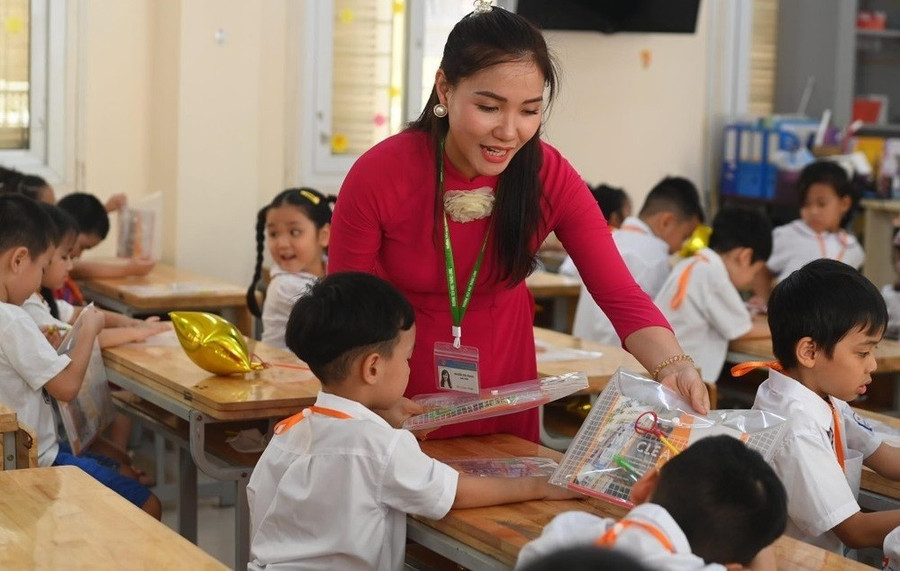
Difference in non-wage income opportunities
With nearly 20 years of teaching, Mr. Nguyen Ngoc Nam - Literature teacher at Ton Quang Phiet Secondary School (Dai Dong, Nghe An) said that his income mainly depends on salary and allowances for career incentives, seniority...
Previously, when participating in tutoring excellent students and reviewing for the 9th grade final exam organized by the school, the teacher had additional income in addition to his salary, which was taken from the income source according to the agreement with the parents. However, when the school stopped organizing paid tutoring, this income no longer existed.
“Currently, we still teach extra subjects to students, such as nurturing gifted students, tutoring students who have not met the requirements, and reviewing for 9th graders, but according to the school's assigned tasks and the teachers' voluntary spirit of free teaching. According to regulations, teachers have the right to teach extra classes at outside centers, but I personally only teach at school,” said Mr. Nam.
Many teachers share that their income depends almost entirely on their salary, and their non-salary income – if any – mainly comes from tutoring. However, the need for extra classes of students varies between regions. In rural and mountainous areas, due to limited economic conditions, few parents can afford to send their children to extra classes. In many places, teachers even volunteer to open free classes to tutor and support students in difficult circumstances.
In the field of higher education, according to Associate Professor Dr. Cao Cu Giac - Deputy Head of the Chemistry Department, School of Education, Vinh University, university lecturers have many opportunities to create additional income sources in addition to their salaries. Besides teaching, they can participate in projects and scientific and technological research topics at many levels, with remuneration and funding commensurate with their capacity and contributions.
Notably, Decree No. 88/2025/ND-CP, which has just been issued by the Government on piloting special mechanisms and policies to create breakthroughs in the development of science, technology, innovation and national digital transformation, has opened many more "doors" for academia. According to the new regulations, income from research topics funded by the State budget will be exempt from personal income tax, helping scientists have more financial resources to confidently contribute.
In particular, in case the research does not achieve the expected results, scientists will not have to pay back the funding if they have fully implemented the process and complied with the regulations governing the topic. This is considered an important step forward, demonstrating an open policy and encouraging creativity, helping lecturers and researchers to be more bold in pursuing new, breakthrough directions.
Associate Professor Dr. Cao Cu Giac believes that these policies create motivation and encourage lecturers to participate in research, to earn income from their intellectual work. At the same time, they help lecturers and scientists to be bold, accept risks in scientific research, work seriously and practically instead of having to be cautious to produce products that ensure high success in order to be able to settle accounts.
In addition, the newly promulgated Law on Teachers has opened an important step forward, allowing lecturers to transfer technology and research results to businesses, and even participate in business activities in the form of capital contributions. This is considered a strong "unleashing" policy for the team of cadres and lecturers - those who directly do science, create and apply knowledge into practice.
Previously, most of the projects and scientific and technological topics after completion and acceptance were often handed over to the management agencies at the ministerial, provincial or state levels, making it difficult for them to continue developing and perfecting the products. Now, with the new mechanism, lecturers can directly own, transfer or commercialize their research results, helping the projects not to "stay on paper" but to be put into production, bringing real value.
When the process of technology transfer and product commercialization takes place, the projects not only create profits and contribute to socio-economic development, but also bring a legitimate and legal source of income outside of salary to lecturers - those who have worked hard to research, create and contribute knowledge to the community.
The salaries of university lecturers are not entirely dependent on the State budget, but are partly paid by the autonomous schools. Thanks to the nature of their work, they have many opportunities to increase their income beyond their salary through research, projects or technology transfer.
Meanwhile, primary and preschool teachers are completely dependent on the state budget, with almost no additional income. Therefore, the upcoming salary reform policy is expected to have the strongest impact on teachers at these levels. - Associate Professor, Dr. Cao Cu Giac
Source: https://giaoducthoidai.vn/chinh-sach-uu-dai-voi-giao-vien-ky-vong-moi-cho-doi-ngu-nha-giao-post751937.html


![[Photo] Prime Minister Pham Minh Chinh receives President of Cuba's Latin American News Agency](/_next/image?url=https%3A%2F%2Fvphoto.vietnam.vn%2Fthumb%2F1200x675%2Fvietnam%2Fresource%2FIMAGE%2F2025%2F12%2F01%2F1764569497815_dsc-2890-jpg.webp&w=3840&q=75)



![[Photo] President Luong Cuong holds talks with Sultan of Brunei Darussalam Haji Hassanal Bolkiah](/_next/image?url=https%3A%2F%2Fvphoto.vietnam.vn%2Fthumb%2F1200x675%2Fvietnam%2Fresource%2FIMAGE%2F2025%2F12%2F01%2F1764567099556_ndo_br_1-jpg.webp&w=3840&q=75)

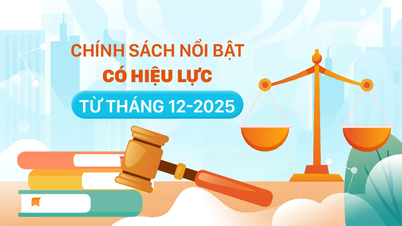





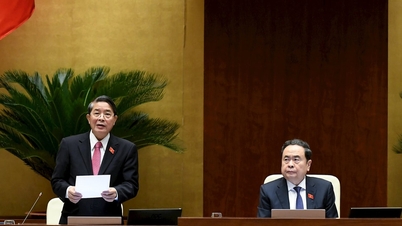

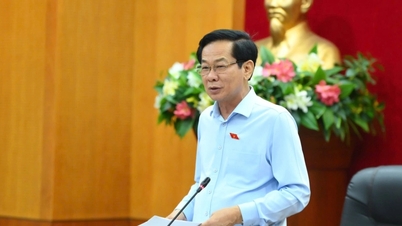



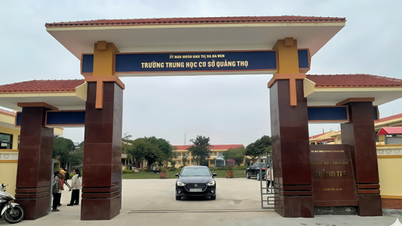

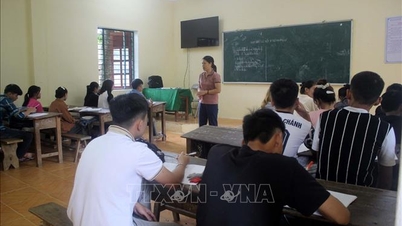

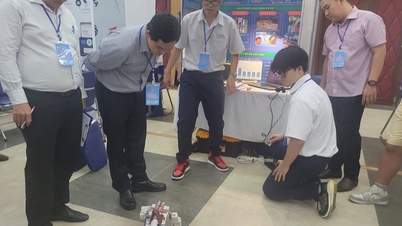

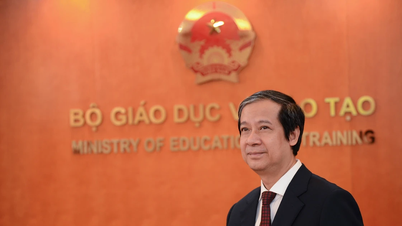
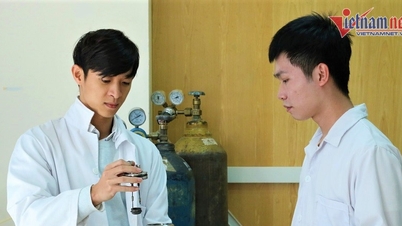

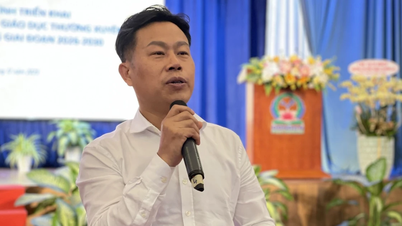




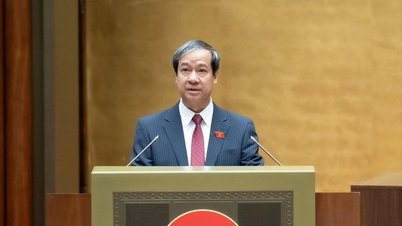
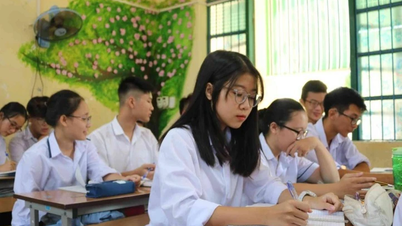
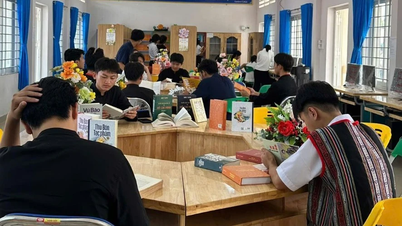
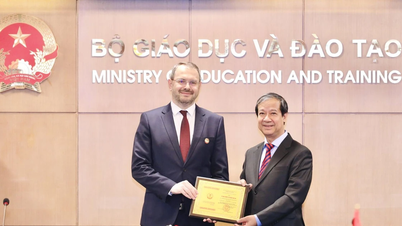
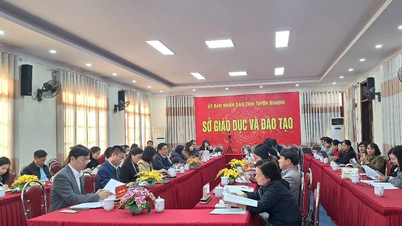
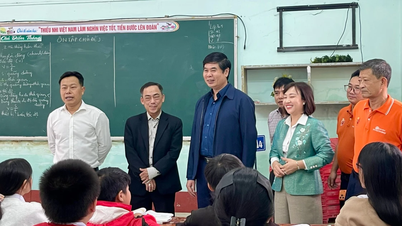





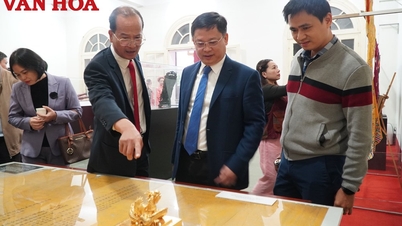







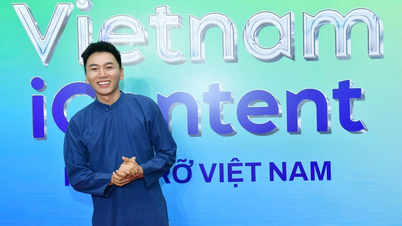

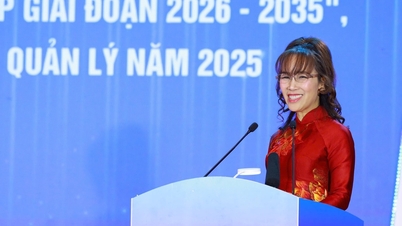
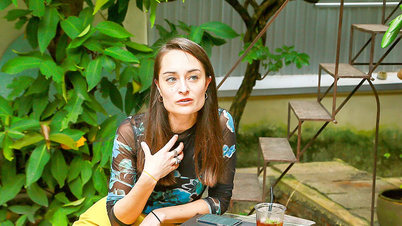

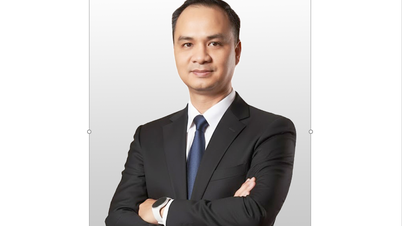
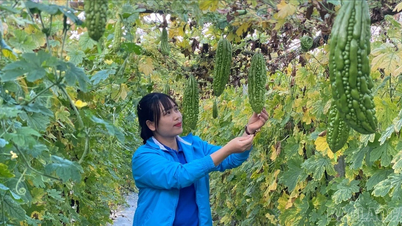

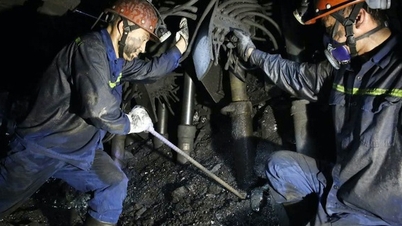

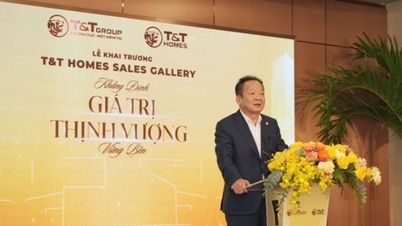



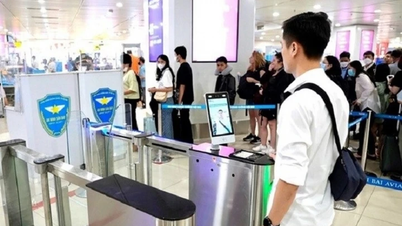











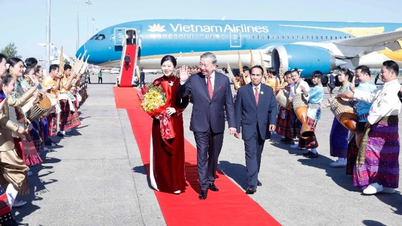

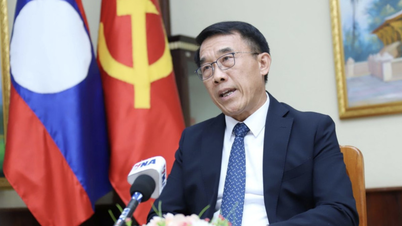




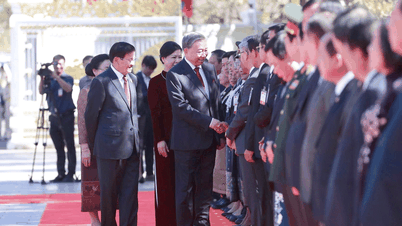

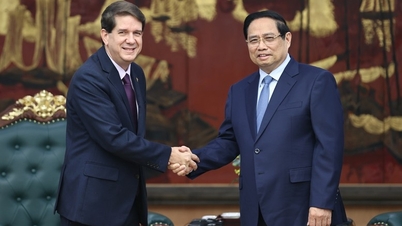
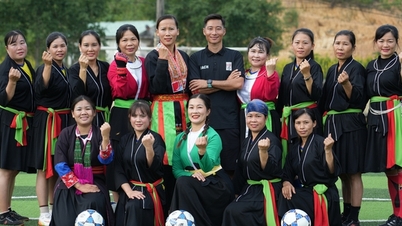
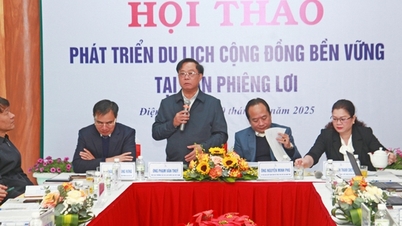
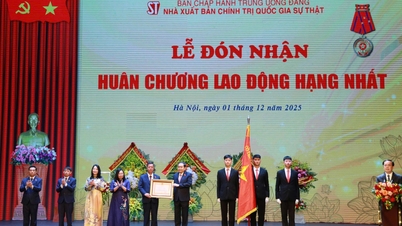
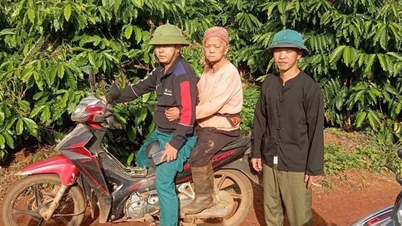

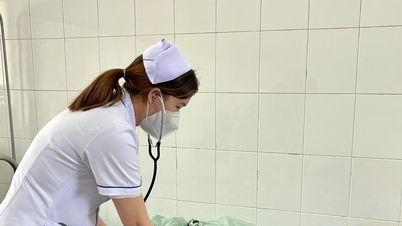
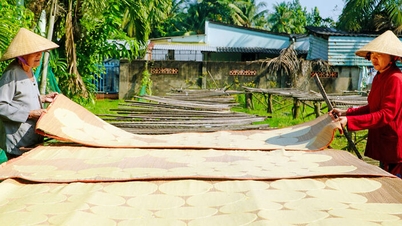

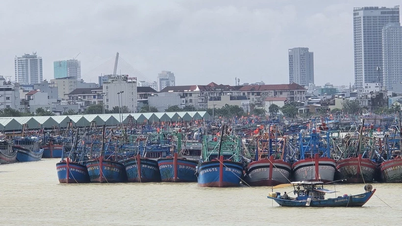

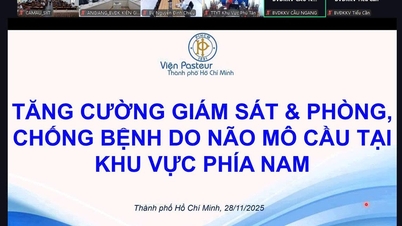

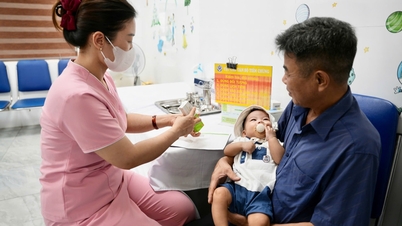













Comment (0)